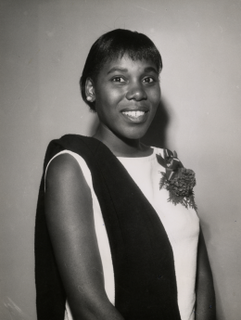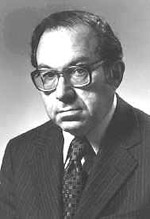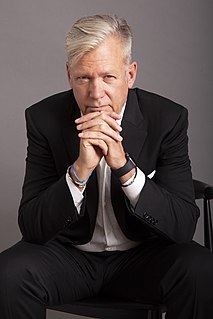Цитата Ашвина Санги
Устное повествование уходит своими корнями в далекое прошлое, и те истории, которые рассказывались в устной форме, всегда были многослойными и менялись со временем.
Связанные цитаты
Я действительно пессимист. Я всегда чувствовал, что фашизм является более естественным государственным состоянием, чем демократия. Демократия — это благодать. Это что-то по существу великолепное, потому что это совсем не рутина или автоматизм. Фашизм восходит к нашему младенчеству и детству, где нам всегда говорили, как жить. Нам сказали: да, вы можете это сделать; нет, вы можете не делать этого. Итак, секрет фашизма в том, что он привлекает людей, чья дальнейшая жизнь неудовлетворительна.
По мере развития нацистского режима с годами изменилась вся структура принятия решений. Сначала были законы. Потом были декреты, реализующие законы. Затем был издан закон, гласивший: «Никаких законов быть не должно». Потом были приказы и директивы, которые записывались, но все же публиковались в министерских ведомостях. Тогда было правительство объявлением; заказы появились в газетах. Затем были тихие приказы, приказы, которые не были опубликованы, которые были внутри бюрократии, которые были устными. И, наконец, вообще не было заказов. Все знали, что он должен был сделать.
Не так давно было время, когда новостные телевизионные журналы не могли продать истории об интернет-преступлениях. Исполнительные продюсеры были осторожны, потому что изображения людей, печатающих на клавиатуре, и видео с мониторов компьютеров не делали телевидение особенно привлекательным, даже в сочетании с эмоциональными интервью с жертвами.
Ты всегда пытаешься сделать что-то, что, с одной стороны, отдает дань уважения всем этим историям, что в каком-то смысле остается тем же персонажем, которого Стэн Ли и Джек Кирби создавали в шестидесятых. Но в то же время вы хотите иметь возможность рассказывать новые истории, а не просто перефразировать то, что было раньше.



































